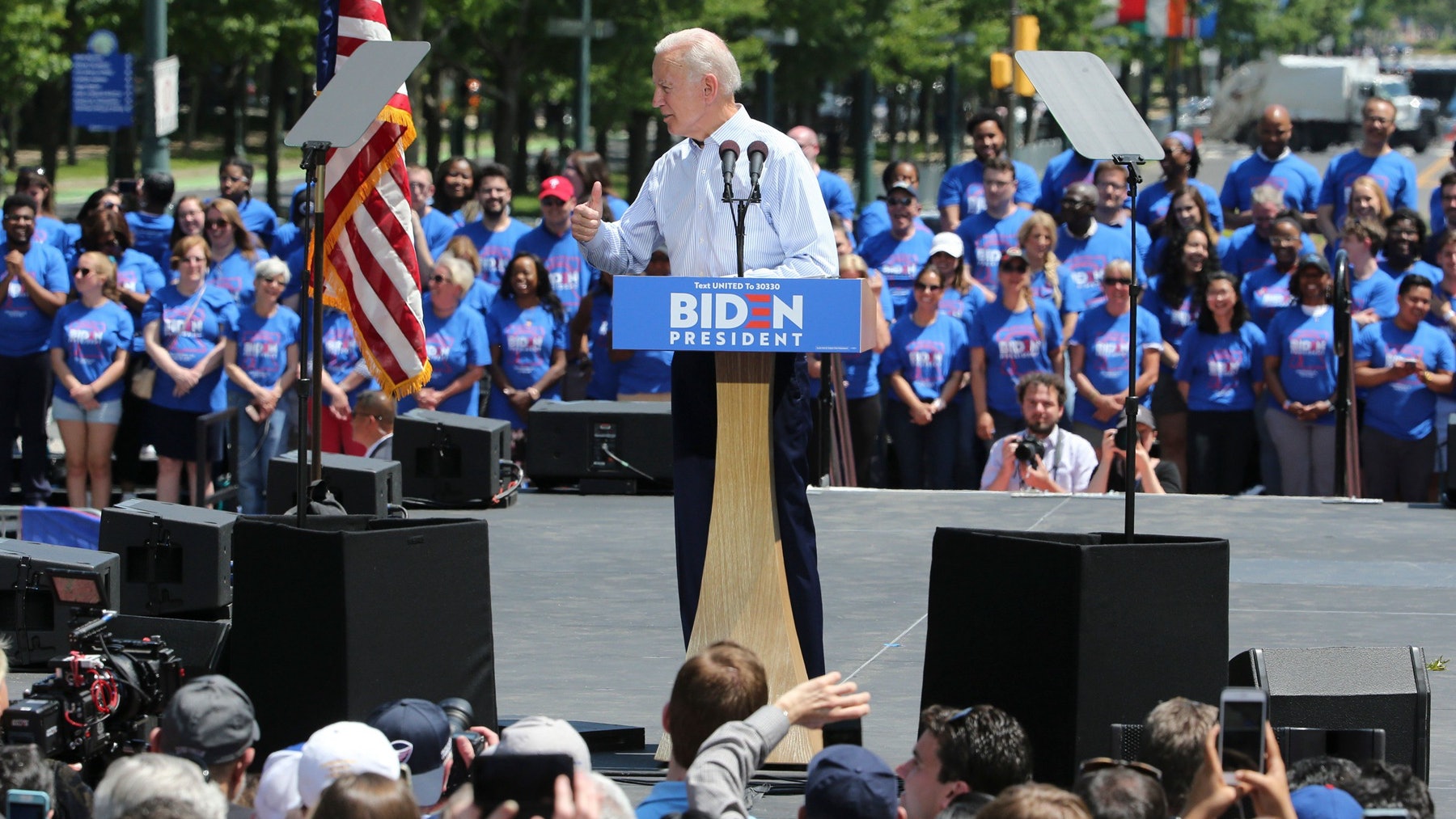The 20 Democratic presidential candidates will hold their first television debate on June 26th and 27th. The debate arranged for the left-wing candidates to have enough opportunities to speak, and also highlighted the voice of the moderate candidates in the system.
The National Committee of the Democratic Party of the United States announced on June 13 that 20 Democratic presidential candidates will hold their first TV debate on June 26 and 27, and another four will be less than 1% due to public opinion support and fundraising. Factors such as depression may not qualify for participation in the debate. Judging from the technical arrangement, this debate arrangement gives the left-wing candidates enough opportunities to speak, and also highlights the voice of the moderate candidates in the system.
In the first day of the debate on June 26, the protagonist will be the third in the polls (the fifth in some polls), the liberal senator, Elizabeth Warren, and the debate opponents on the same stage include the former federation. Rep. Beto O’Rourke, Senator Cory Booker, New York City Mayor Bill de Blasio, former Federal Representative John Delaney, Washington Governor Insley (Jay) Inslee), Senator Amy Klobuchar, and Congressman Tulsi Gabbard.
The debate on June 27 was the most eye-catching. Former US Vice President Joe Biden and Democratic Socialist Senator Bernie Sanders, and the recent poll of the South Bend, Mayor of South Bend, Indiana, Pete Buttigieg) will be the focus of public opinion. Other debaters on the same stage include Senator Kamala Harris, Andrew Yang, the first Asian candidate in the history of the Democratic Party, John Hickenlooper, the former governor of Colorado, and the history of the Commonwealth Eric Swalwell, Federal Senator Michael Bennet, etc.
That is to say, in the first day of the TV debate, Warren will miss the opportunity to debate with Biden and Sanders. This is good for her. It is expected that the first day of debate will be a key time for Warren to promote his left-wing philosophy and personal policy vision. Because, compared to the second night of the debate, she does not need to compete for attention in the first night of debate, and the first task of her competitors is to “introduce” herself to the party’s voters and even the national audience. Warren only seeks to increase his attention by strengthening his left-wing position.
In the debate on the second day, the debates between Biden and Sanders were most worthy of attention. Biden hopes to renew the “political rules” of the Obama era, and Sanders will once again promote his democratic socialism and the slogan of “political revolution.” The debate between the two will be a bit of a debate between Hillary Clinton and Sanders in 2016, but the social warmth of democratic socialism and the public’s recognition of the “ism” cannot be compared with 2016. It remains to be seen whether Sanders can take advantage of the last primaries.
Biden’s biggest problem is that he can’t pack himself as the second Obama or Hillary. Otherwise, he will not only be mocked by the party in the primary election, but also be elected by Donald Trump and his re-election in the general election. The team is packaged as “the second Hillary.” This should be one of the situations that the Biden team did not want to see.
So far, the smell of gunpowder in the Democratic primary has not been very strong. Although Sanders did not directly criticize Biden and several other candidates who led the polls, he clearly opposed the “middle line” advocated by moderates in political operations. Biden stressed in a fundraising event that although the United States needs change, the direction of change is definitely not socialism.
Buttajugi’s performance is also worthy of attention. Since the announcement of his candidacy, he has seen the fastest rise in the polls, and even after participating in the “Fox News” TV show, he has won the favor of some conservative voters. The Trump team has yet to unearth any negative news or scandal about Butajjugi. As one of the youngest candidates, his biggest weakness may be lack of political experience. But in the current political climate of differentiation, and with the election of Trump, the amount of ruling experience no longer plays a decisive role.
Judging from the two-day debate lineup, the Democratic Party will convey to the American people the voices of “elder, middle, and young” candidates of different ages and show the “American” in their policy philosophy. But no matter which day of the debate, no matter which candidate, they will moderately aim at Trump.
From past experience, the chances of the president re-electing and being re-elected are greater. Whether it is the candidates of different ages in the old, middle and young ages, or the electorate groups of different ages, the presidents and the United States they expect are different, and it is difficult to reach a consensus. The 2020 general election will also test the judgment of American voters. After all, under the background of populism, xenophobia and anti-globalization, Trump as a president will inevitably hear various radical internal and diplomatic measures to stabilize his hardcore voters. Use all resources to negate opponents.
According to a poll released by the US conservative media “Fox News” on June 16, Biden’s support rate in the Democratic primary is as high as 32%, Sanders’ support rate is 13%, and Warren’s support rate is 9%. Other candidates have a support rate of 8% or below. Since March, Sanders’ support rate has dropped by 10%, and Warren’s and Biden’s support rates have increased by 5 and 1 percentage point respectively. In the pre-selected polls of the election, Biden’s support rate exceeded Trump by 10 percentage points. But Biden’s approval rate does not exceed 50%. However, it is worth noting that four years ago, Hillary’s support rate was a 17 percentage point higher.












